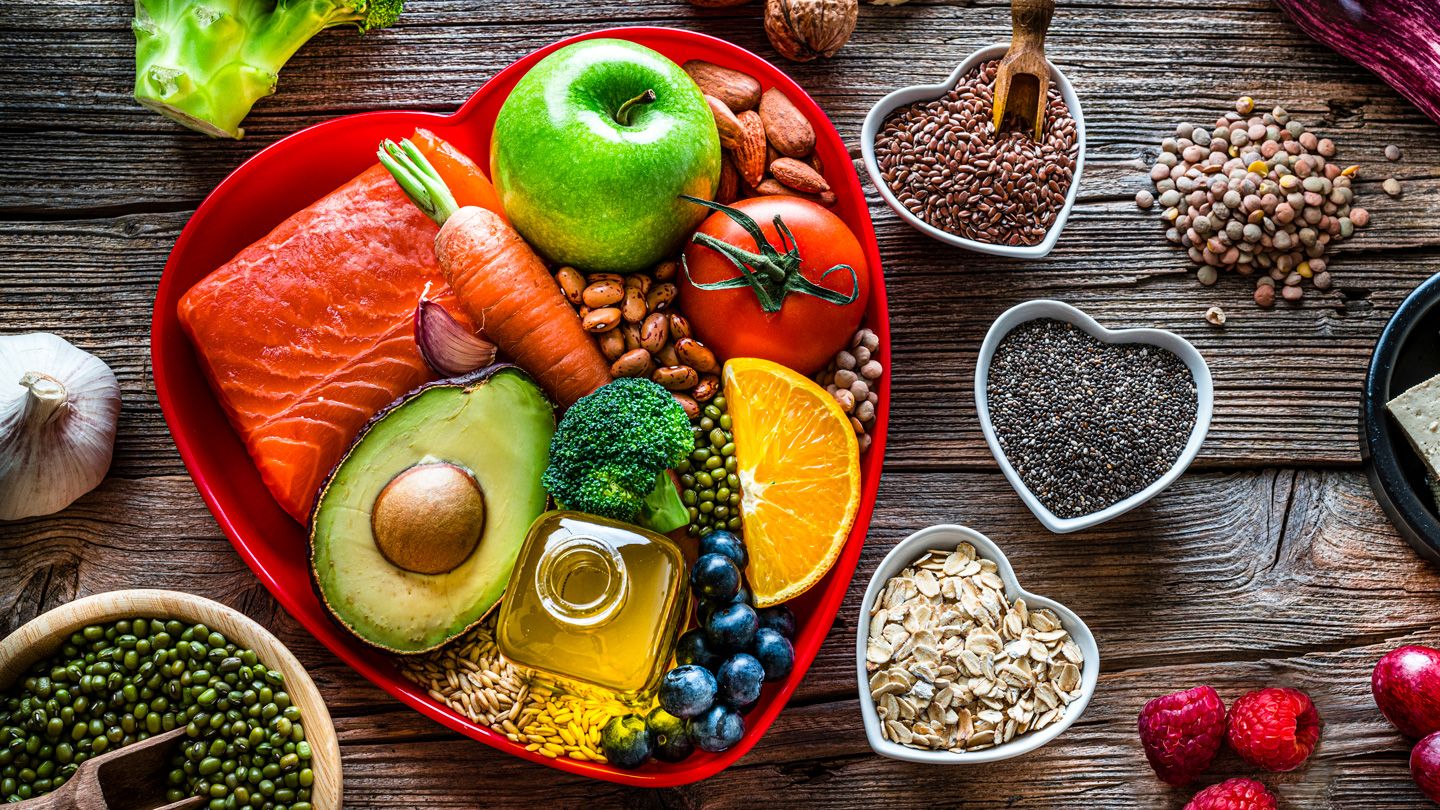Practical Ways to Lose Weight in PCOS
If you don't ovulate every month and have high levels of androgens (male hormones), you may have polycystic ovarian syndrome (PCOS), which causes irregular menstrual periods. Between 5% and 10% of women suffer from this disorder. Extreme hair growth on the face, pimples, and/or a balding scalp may result from an increase in androgens that PCOS gives you.
Women with PCOS are at a higher risk than the general population for acquiring diabetes and obstructive sleep apnea and are more likely to be overweight or obese. Often, people look for ways how to lose weight with PCOS but are disappointed most times.
Why Is So Hard to Lose Weight With PCOS?
Fertility medicines may be required to induce ovulation in women with PCOS who are trying to conceive. Although there is currently no cure for polycystic ovary syndrome (PCOS), a variety of effective therapies can help manage the condition's unpleasant symptoms. In most cases, PCOS does not significantly hinder a woman's ability to lead a regular life.
People with polycystic ovary syndrome (PCOS) may have trouble losing and keeping off excess weight because of hormonal irregularities that affect hunger and satiety.
Normally, a woman’s body starts using fat for fuel the moment she opens her eyes in the morning and continues doing so until lunchtime. However, women who suffer from polycystic ovary syndrome (PCOS) are hardwired to conserve fat rather than burn it first thing in the morning. So, how to lose weight if you have PCOS and if all your body is working opposite to what you want?
5 Tips for Losing Weight When You Have PCOS
How You Can Work to Boost Your Endocrine and Metabolic Systems to Alleviate PCOS Symptoms
Insulin resistance, which can lead to increased fat storage rather than fat burning, has been linked to androgens.
Insulin resistance and inflammation are the two main reasons why patients with PCOS have trouble losing weight.
As a result of low-grade chronic inflammation, some people find it difficult to maintain their usual activity levels, are always exhausted, or consume nutritious meals.
Insulin resistance occurs when cells do not normally respond to insulin, the hormone that regulates blood sugar levels. This can trick the brain into thinking there is a lack of food in the body, leading to feelings of hunger even after eating.
1. Exercise Regularly

If you work out before you have your meals, your metabolism will be revved up, and you'll be more likely to store the carbohydrates you eat as energy rather than fat. A National Academy of Sports Medicine certified trainer working with women who have PCOS, Maria Horstmann, adds that regular exercise helps your body use up extra glucose stores in the body, which can help keep your insulin levels down.
So, how do lose weight with PCOS by exercising? High-intensity interval training, which consists of brief, rapid bursts of energy, should be a primary focus for women with PCOS, along with any form of cardio that raises the heart rate. You can simply go for a walk and invest in a resistance band to tone up yourself.
2. Balance Your Diet

Maintaining a homeostatic equilibrium in the body is made easier by following a PCOS diet. Insulin's ability to transport glucose to your cells for use as fuel depends on eating a healthy, well-balanced PCOS diet. The reduced insulin levels in your system will lead to decreased androgen production and fewer PCOS symptoms.
When trying to shed pounds, many health professionals agree that eating more protein, vegetables, and healthy fats while reducing sugars and carbohydrates is the best strategy.
These adjustments can help lessen the likelihood of developing type 2 diabetes, a problem for many people with PCOS because of insulin resistance and high blood sugar.
Making healthy eating choices and staying active can help answer your question of “how do you lose weight when you have PCOS” and even alleviate some of the long-term difficulties of PCOS, but there is currently no known diet that can prevent or treat PCOS.
If you have polycystic ovary syndrome, your best bet for a healthy diet is one that reduces your long-term risk of diabetes and cardiovascular disease. Saturated fat should be limited, and dietary fiber consumption prioritized. High blood pressure and high cholesterol levels have been linked to a diet high in saturated and trans fats. Restrict your intake of foods high in saturated and trans fats. Choose unsaturated fats instead, which can be found in vegetable oils like canola, olive oil, avocados, and nuts.
3. Reduce Caffeine Intake

When it comes to coffee and PCOS, there are opposing viewpoints. Some PCOS doctors recommend avoiding coffee entirely in your PCOS diet, while others recommend it in moderation. So, what is the real story? How do you lose weight when you have PCOS?
Limit your coffee consumption to no more than 2 cups daily; the fewer, the better.
Cutting coffee out of your diet is critical if you're suffering from adrenal exhaustion. It will simply make you anxious and wobbly, stressing out your adrenals even more. Your body requires rest and time to repair. Try natural stress relievers first, and then include coffee back into your diet once you're feeling better.
If you're trying to conceive, now is a good time to reduce your caffeine intake or eliminate it from your diet. Additionally, because too much caffeine is harmful to a developing fetus, eliminating caffeine early in pregnancy may be a smart idea.
4. Talk to Your Doctor

Complex and heterogeneous in its effects, PCOS is a disorder that touches everyone in unique ways. If you have PCOS and are struggling with your weight or other symptoms, consider scheduling an appointment with your primary care physician, endocrinologist, or gynecologist. A doctor will look into your hormones like TSH and Anti-Mullerian hormone levels and suggest medications based on the severity of your PCOS. Basic medications include birth control pills, and several medicines with metformin may help you lose weight and make your menstrual cycles regular. The outside intervention of medical nature is often helpful when dealing with a lifestyle disorder like PCOS.
Additionally, your doctor may also suggest therapy if they believe your PCOS or excess weight are contributing factors to your emotional distress. Visiting a therapist or taking antidepressants won't make you lose weight, but they can help you feel better overall and handle stress better.
5. Stay Positive

One of the less-discussed side-effects of PCOS is the depression and lethargy it causes you. As stated above, one suffering from this syndrome stays exhausted all the time and cannot work proactively to lose weight. Even by making religious efforts towards your health, you may not see results right away because of PCOS’s stubborn nature. Nevertheless, don’t stop making efforts and be persistent in your journey towards healthy weight loss; you will start seeing changes soon.
Key Takeaways
Frustratingly, PCOS can make it harder to lose weight than it would for someone without the condition. This is because it is a symptom of a very complicated hormonal process. You can use this guide to understand how to lose weight with PCOS and start your journey confidently.
Having PCOS is a struggle, but it's also a chance to make positive changes to your lifestyle now that will help you avoid issues later on. Including simple lifestyle changes like exercising, avoiding certain unhealthy foods, and following your doctor’s advice sure will impact your weight loss journey positively.

